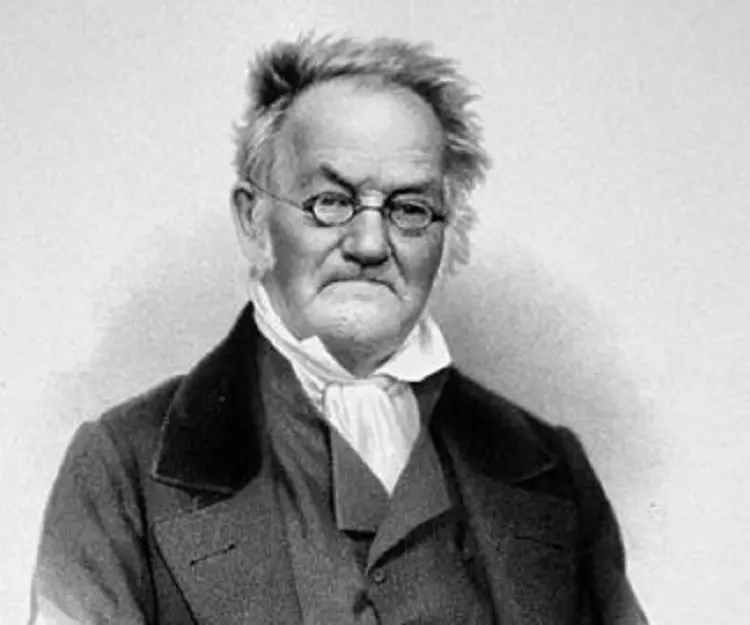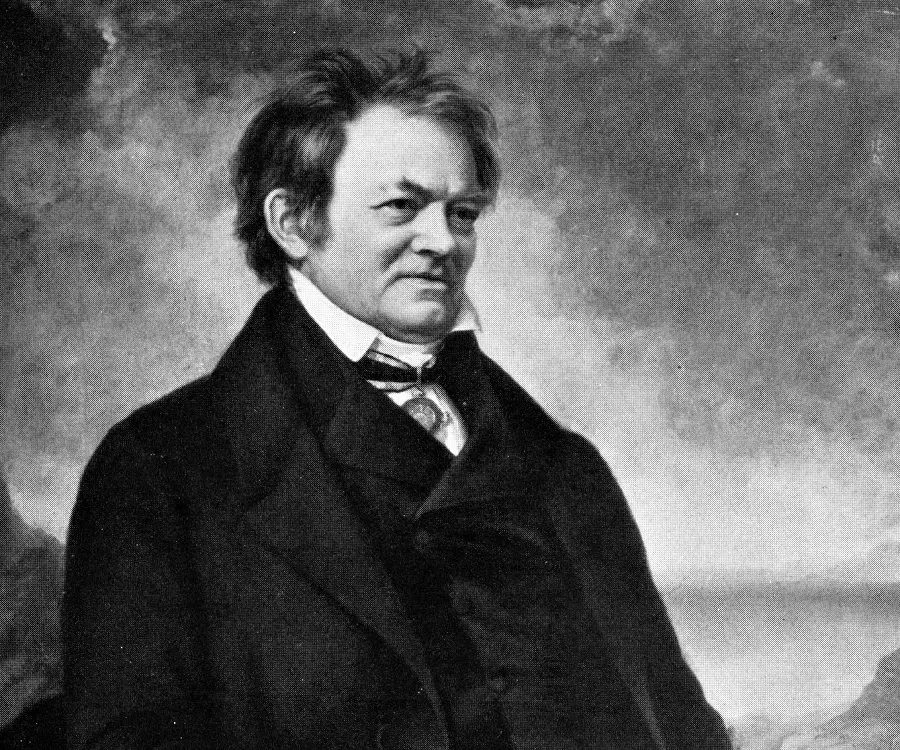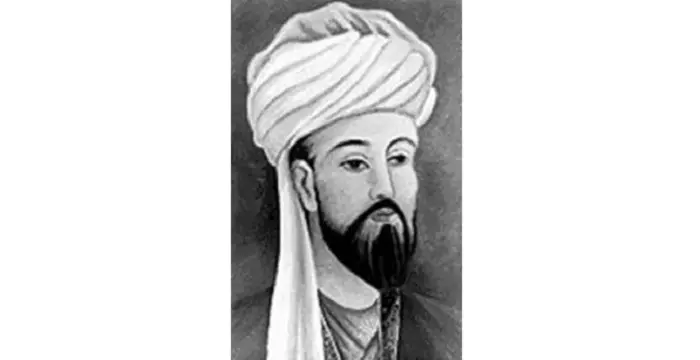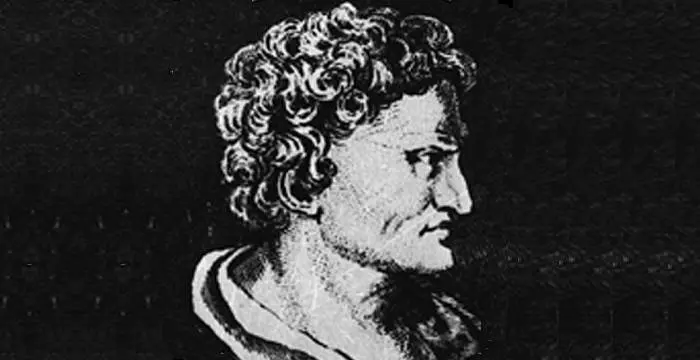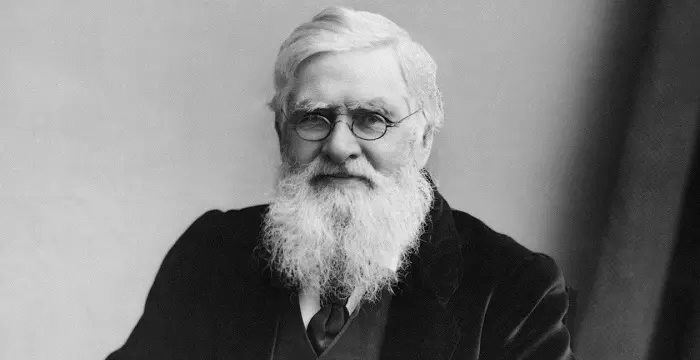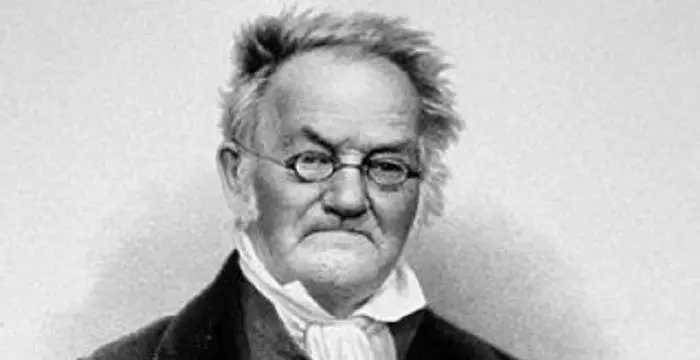
Carl Ritter - Co-founder of Modern Geography, Birthday and Childhood
Carl Ritter's Personal Details
Carl Ritter was a famous German geographer, who, along with Alexander von Humboldt, founded the modern geographical science
| Information | Detail |
|---|---|
| Birthday | August 7, 1779 |
| Died on | September 28, 1859 |
| Nationality | German |
| Famous | Intellectuals & Academics, Geographers, Co-founder of Modern Geography |
| Birth Place | Quedlinburg, Germany |
| Gender | Male |
| Sun Sign | Leo |
| Born in | Quedlinburg, Germany |
| Famous as | Co-founder of Modern Geography |
| Died at Age | 80 |
Carl Ritter's photo
Who is Carl Ritter?
Carl Ritter was a famous German geographer, who, along with Alexander von Humboldt, founded the modern geographical science. Empowered by his strength in subjects like history, theology and natural sciences, and inspired by Johann Heinrich Pestalozzi and Johann Gottfried von Herder, he became a Geography Professor at the University of Berlin in 1820. For him, Geography was an experimental science, thus he would engage in frequent fieldworks, observations and researches. He looked up to Humboldt and his writings for inspiration and guidance. However, unlike him, Ritter completely believed in God and taught his students how God’s plan was manifested in the harmony of man and nature. He presented a geographical interpretation of history and even long after his death his ideas continued to influence geographical researches in Germany. His great work, ‘Die Erdkunde im Verhältniss zur Natur und zur Geschichte des Menschen’ was intended as a world geographical study but was left incomplete at the time of his death. The first volume, published as early as in 1817, was on Africa and earned him his coveted position at the University of Berlin. Later in his life, he wrote more volumes, mainly on Asia. Although incomplete, the work consisted of over 20,000 pages in 19 volumes.
// Famous Intellectuals & Academics
Bertil Gotthard Ohlin
Bertil Gotthard Ohlin was a famous Swedish economist. This biography profiles his childhood, family life & achievements.
Emily Greene Balch
Emily Greene Balch was an American economist, sociologist and pacifist who won the 1946 Nobel Peace Prize. This biography of Emily Greene Balch provides detailed information about her childhood, life, achievements, works & timeline.
Martin Buber
One of the greatest philosophers to have ever walked on earth, Martin Buber contributions to philosophy is a long-standing one. Explore all about his profile, childhood, life and timeline here.
Childhood & Early Life
Carl Ritter was born on 7 August 1779, in Quedlinburg, Germany, as one of the six children of his parents. His father, F. W. Ritter, was a renowned doctor and a personal physician to the sister of Frederick the Great. His mother was a devoted Pietist.
Unfortunately, his father died when Ritter was still a small child. At the age of five, he was enrolled in the Schnepfenthal Salzmann School, an institution that focused on nurturing physical values such as a healthy body and an excellent character.
Gradually, he came into contact with some of the leading intellectuals of the period. He was tutored by the geographer J.C.F. GutsMuths who taught him the relationship between man and his surroundings. He also developed and maintained an interest in new educational modes, including those of Johann Heinrich Pestalozzi.
Career
After finishing school, a wealthy banker from Frankfurt, Bethmann Hollweg hired Carl Ritter as a tutor for his two children, and sponsored his education at the University of Halle. This was in 1798; he continued in the position of tutor for the next fifteen years.
Meanwhile in 1804, at the age of 25, his first geographical writing about the natural features of Europe was published.
In 1807, he met Humboldt for the first time and was greatly impressed by his resourcefulness in observing natural and human phenomena around the world. In 1811, he published a two volume textbook on the geography of Europe.
In 1814, he joined the University of Gottingen and studied geography, history, pedagogy, physics, chemistry, mineralogy and botany. He was a keen observer and eventually became a geographer and an expert landscape artist.
In 1817, he wrote and published the first volume of his major work, ‘Die Erdkunde’, which was intended to be a geographical study of the world. He was a firm believer in God and his writings often described the manifestation of God's plan on earth.
In 1819, he became Professor of History at the University of Frankfurt, and the next year he was appointed to the first chair of Geography at the University of Berlin. He was quite popular among his students and his lectures were attended in full house.
In 1821, he received his doctorate degree at the University of Berlin and was appointed Professor Extraordinary in 1825. He continued to work and lecture at the University of Berlin for 39 years until his death.
His work is a testimony of his active involvement in the major intellectual activities of his time such as the German Enlightenment, Romanticism, and the Biedermeier era. His work often resulted in intellectual debates and controversies.
Major Works
Ritter's most important publication, ‘Die Erdkunde im Verhältniss zur Natur und zur Geschichte des Menschen’ (Geography in Relation to Nature and the History of Mankind), was written intermittently from 1816 to 1859.
‘Die Erdkunde’ not only explained the effect of physical environment on human activity but also established Geography as a proper science. Although it consisted of 19 volumes, it remained incomplete at the time of his death and featured only Asia and Africa.
The Berlin Geographical Society’s ‘Monatsberichte’ and the ‘Zeitschrift für allgemeine Erdkunde’ featured many of his writings during his lifetime. His other writings such as ‘Geschichte der Erdkunde und der Entdeckungen’ (1861), ‘Allgemeine Erdkunde’ (1862), and ‘Europa’ (1863) were published after his death.
Awards & Achievements
Along with Alexander von Humboldt, Ritter was the co-founder of modern geography.
In 1822, he was elected to the Prussian Academy of Sciences, and two years later in 1824, he became a corresponding member of the Société Asiatique de Paris.
In 1828, he established the ‘Gesellschaft für Erdkunde zu Berlin’ (Berlin Geographical Society).
In 1856, he was appointed curator of the Royal Cartographic Institute of Prussia.
Personal Life & Legacy
While studying at the University of Gottingen, Ritter courted and later married Lilli Kramer from Duderstadt.
He was an anti-slavery and anti-racism activist in Germany. One of his pupils, explorer Heinrich Barth, was commissioned by the British government to negotiate treaties in Africa to discontinue Trans-Saharan slave trade.
He died on 28 September 1859, in Berlin, at the age of 80.
In 1865, a monument was installed at the entrance to the Bruehl, in Quedlinburg in his memory. The Ritter Range in California is also named in his honour.
Trivia
He learned Greek and Latin so that he could study more about the world because unlike Humboldt, he was not a world traveller.
// Famous Geographers
Jabir Ibn Hayyan
Jabir Ibn Hayyan was a medieval era polymath. Check out this biography to know about his life, works and achievements.
Hipparchus
Hipparchus was a Greek astronomer and mathematician. This biography profiles his childhood, life, achievements and timeline.
Alfred Russel Wallace
Alfred Russel Wallace was a British scientist and explorer, best known for discovering the concept of evolution by natural selection. This biography of Alfred Wallace provides information about his childhood, life, achievements, works & timeline.
Carl Ritter's awards
| Year | Name | Award |
|---|---|---|
Other | ||
| 0 | Patron's Gold Medal | |
Carl Ritter biography timelines
- // 7th Aug 1779Carl Ritter was born on 7 August 1779, in Quedlinburg, Germany, as one of the six children of his parents. His father, F. W. Ritter, was a renowned doctor and a personal physician to the sister of Frederick the Great. His mother was a devoted Pietist.
- // 1798After finishing school, a wealthy banker from Frankfurt, Bethmann Hollweg hired Carl Ritter as a tutor for his two children, and sponsored his education at the University of Halle. This was in 1798; he continued in the position of tutor for the next fifteen years.
- // 1804Meanwhile in 1804, at the age of 25, his first geographical writing about the natural features of Europe was published.
- // 1807 To 1811In 1807, he met Humboldt for the first time and was greatly impressed by his resourcefulness in observing natural and human phenomena around the world. In 1811, he published a two volume textbook on the geography of Europe.
- // 1814In 1814, he joined the University of Gottingen and studied geography, history, pedagogy, physics, chemistry, mineralogy and botany. He was a keen observer and eventually became a geographer and an expert landscape artist.
- // 1816 To 1859Ritter's most important publication, ‘Die Erdkunde im Verhältniss zur Natur und zur Geschichte des Menschen’ (Geography in Relation to Nature and the History of Mankind), was written intermittently from 1816 to 1859.
- // 1817In 1817, he wrote and published the first volume of his major work, ‘Die Erdkunde’, which was intended to be a geographical study of the world. He was a firm believer in God and his writings often described the manifestation of God's plan on earth.
- // 1819In 1819, he became Professor of History at the University of Frankfurt, and the next year he was appointed to the first chair of Geography at the University of Berlin. He was quite popular among his students and his lectures were attended in full house.
- // 1821 To 1825In 1821, he received his doctorate degree at the University of Berlin and was appointed Professor Extraordinary in 1825. He continued to work and lecture at the University of Berlin for 39 years until his death.
- // 1822 To 1824In 1822, he was elected to the Prussian Academy of Sciences, and two years later in 1824, he became a corresponding member of the Société Asiatique de Paris.
- // 1828In 1828, he established the ‘Gesellschaft für Erdkunde zu Berlin’ (Berlin Geographical Society).
- // 1856In 1856, he was appointed curator of the Royal Cartographic Institute of Prussia.
- // 28th Sep 1859He died on 28 September 1859, in Berlin, at the age of 80.
// Famous Leo Celebrities peoples
Eugenia Cooney
Check out all that you wanted to know about Eugenia Cooney, the famous American Vlogger & YouTube Personality; her birthday, her family and personal life, her boyfriends, fun trivia facts and more.
Princess D
Princess D (Destiny Indira Cox) is an American rapper, dancer and social media personality. Let’s have a look at her family and personal life including age, birthday, net worth, and fun facts.
Payton Moormeier
Payton Moormeier is an American social-media personality best known for his musical.ly videos. Check out this family, personal life, etc.
Grian
Grian is an English YouTube gamer and social media influencer. Check out this biography to know about his birthday, childhood, family life, achievements and fun facts about him.
Emmi Butler
Emmi Butler is an American YouTuber and social media star. Let’s take a look at her family and personal life including age, date of birth, net worth, and fun facts.
Erica Delsman
Erica Delsman is an American Musical.ly Star and social media personality. Let’s take a look at her family & personal life including age, date of birth, net worth, and fun facts.
Carl Ritter's FAQ
What is Carl Ritter birthday?
Carl Ritter was born at 1779-08-07
When was Carl Ritter died?
Carl Ritter was died at 1859-09-28
Which age was Carl Ritter died?
Carl Ritter was died at age 80
Where is Carl Ritter's birth place?
Carl Ritter was born in Quedlinburg, Germany
What is Carl Ritter nationalities?
Carl Ritter's nationalities is German
What is Carl Ritter's sun sign?
Carl Ritter is Leo
How famous is Carl Ritter?
Carl Ritter is famouse as Co-founder of Modern Geography
